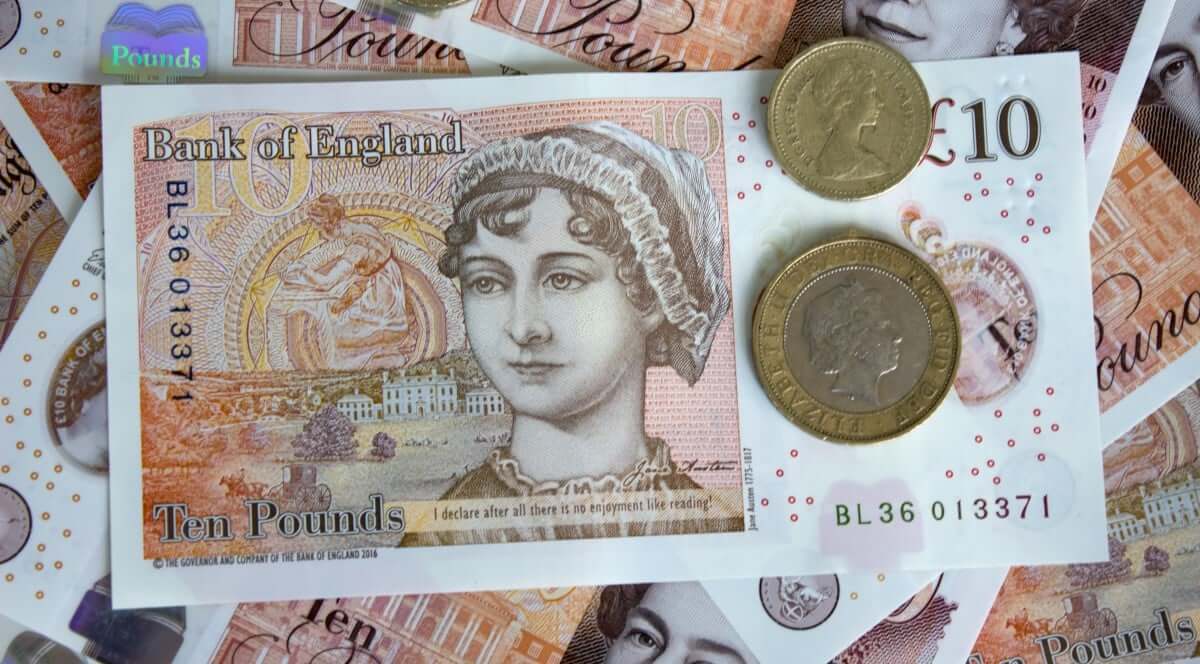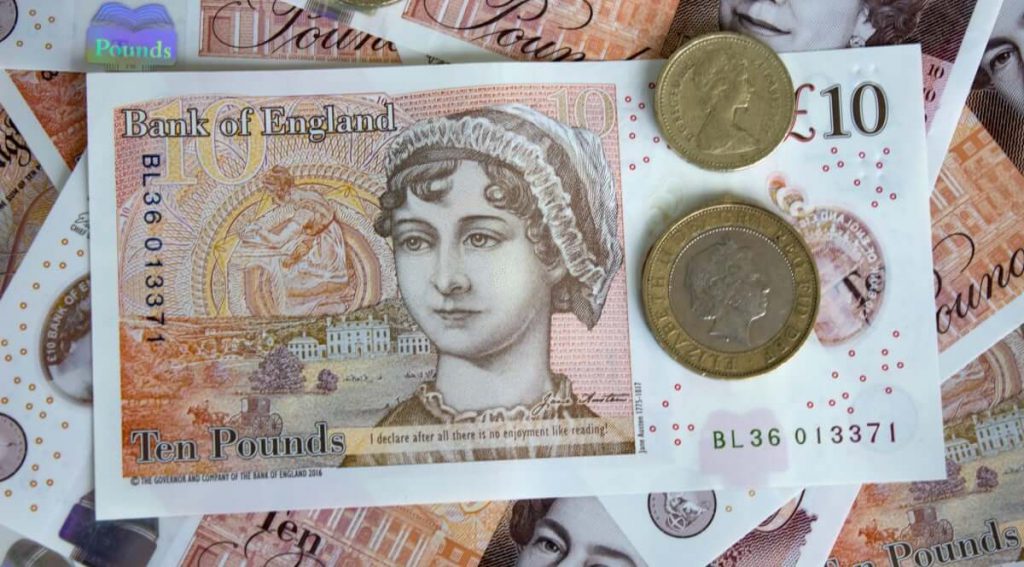
U.S. dollar rebounded on Thursday. What about Euro?
The greenback surged forward today, recovering some of the previous session’s losses. Traders contemplated the possibility of more interest rate hikes from the Federal Reserve and whether that would lead to an economic recession. However, U.S. Treasury yields rallied, supporting the dollar.
Several major central banks have meetings next week, including the Fed, the Bank of England, and the European Central Bank. Investors are waiting for new clues about interest rate hikes, inflation scores, and economic growth.
Moreover, U.S. monthly consumer inflation data will come out next week. It might prove pivotal for the Fed’s decision about monetary policy. RBC currency strategist Adam Cole noted that this CPI would really influence the broader USD direction, at least until the one key monthly U.S. data release and central bank meetings.
On Thursday, the dollar remained firm against most of the other major currencies. The euro traded flat versus the currency at $1.0503. At the same time, the Sterling declined by 0.45% to $1.2165. The Japanese yen also plummeted by 0.2% to 136.82, losing some of the previous session’s 0.4% gain.
Oil prices have plunged below $80 a barrel as traders worried about how much a slowing economy would impact energy demand worldwide. In the United States, gasoline prices at the pump tumbled to $3.329, declining by 0.4% compared to last year’s price. But with energy prices lowering, market participants’ fear about inflation’s course also alleviated.
Consequently, the safe-haven greenback shaved off 6.2% thus far during this quarter. The dollar is currently on course for its worst quarterly performance since the Q3 of 2010.
How are the Yuan and EM currencies faring?
The Chinese yuan exchanged hands near its three-month high. China announced another loosening in its strict Covis-19 rules. This news bolstered its currency. However, the dollar gained 0.2% to 6.974 yuan in offshore trading today, recovering some of yesterday’s 0.34% loss.
Meanwhile, Thailand’s baht and the Philippine peso jumped on Thursday. This week, new data reported soaring inflation, increasing the probability of more interest rate hikes by their central banks. On the other hand, some of the Southeast Asian currencies tumbled down. Market participants are worried about the global recession. That, along with the prospect of aggressive interest rate increases by the Fed, hurt the overall risk sentiment.
The Singapore dollar, Taiwan dollar, and Malaysia’s ringgit dropped by 0.1% each. However, the peso climbed up by 0.3%, while the baht added 0.4%. According to new data, Thailand’s headline CPI soared by 5.55% in November from a year earlier.


